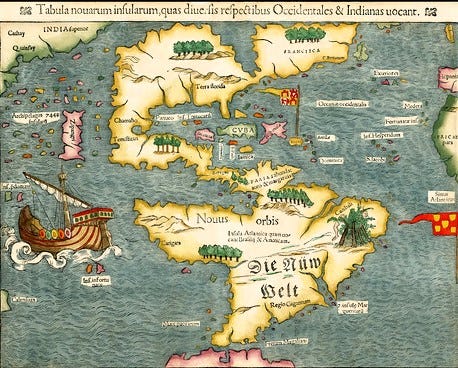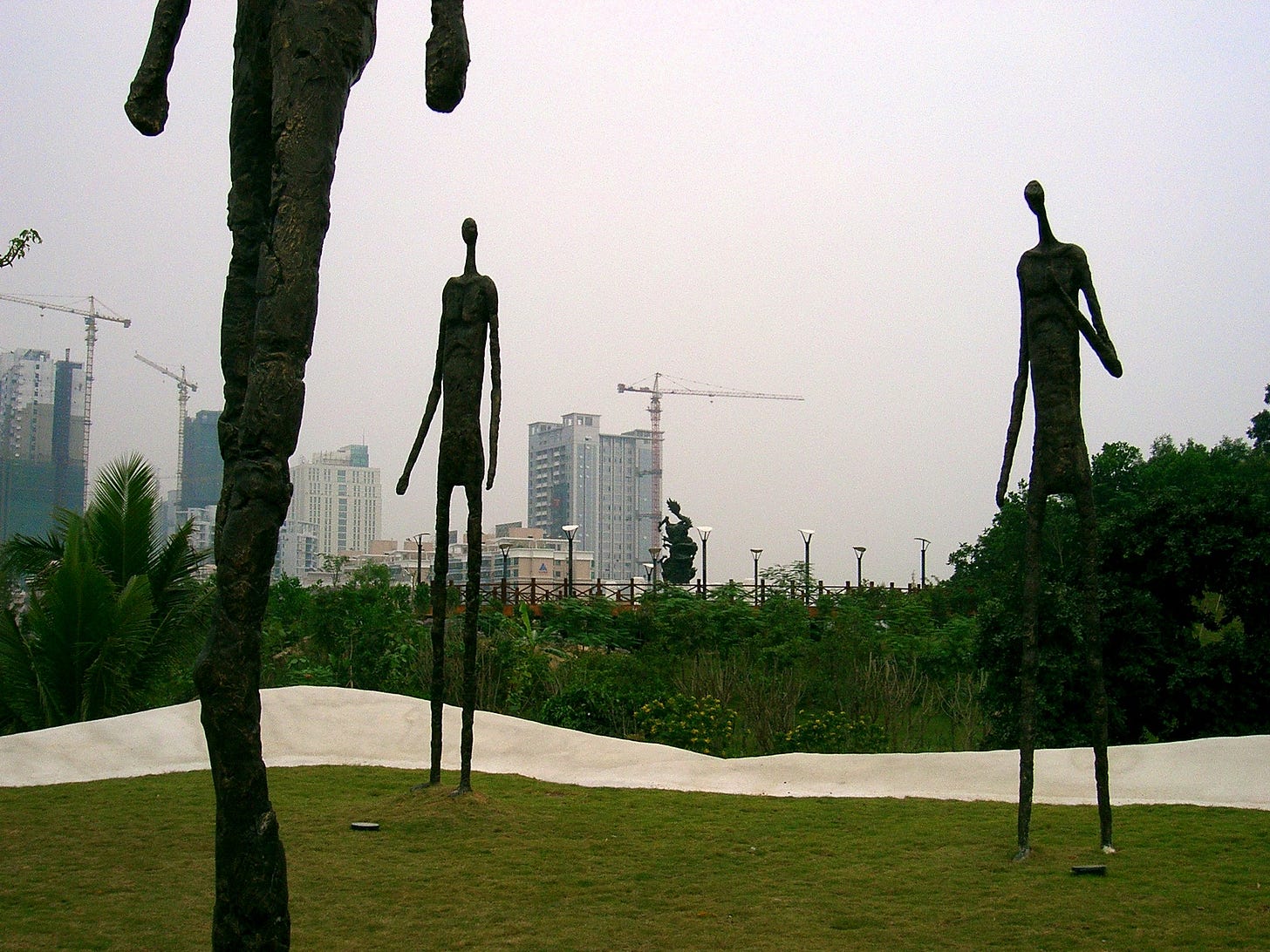νῶθι σεαυτόν: "Know thyself" The Limitation of Knowledge
From the Prophecies of Pythia to the Bureaucratese of Rumsfeld
"Gnōthi Seauton" — Know Thyself — was, historians write, chiseled into the rock at site of the Temple of Apollo where the Delphic Oracle pronounced upon the future, likely enlivened by hallucinogenic pneuma (toxic gas) emanating from the hot springs below.
Any claim to knowledge contains within it, if it is made truthfully, the acknowledgement of the limit of the claimant's knowledge. Such is the case with early maps.

Similarly, every review of a musical performance, novel, theatrical play, book, meal at a restaurant, etc., demonstrates the limitation of the reviewer.
“There are known knowns, things we know that we know; and there are known unknowns, things that we know we don't know. But there are also unknown unknowns, things we do not know we don't know.” — Donald Rumsfeld
Such unintended comedy aside, writers can not assume they have the whole truth, though they may indeed have discovered part of it, or a good deal of it.
Many writings fail for just this sort of nearsightedness, which may be simply youthful pride. The academies have not fostered humility, sadly, even though it is essential for real scholarship.
Eureka! is not, then, a conclusion, but rather a commencement of genuine inquiry.






